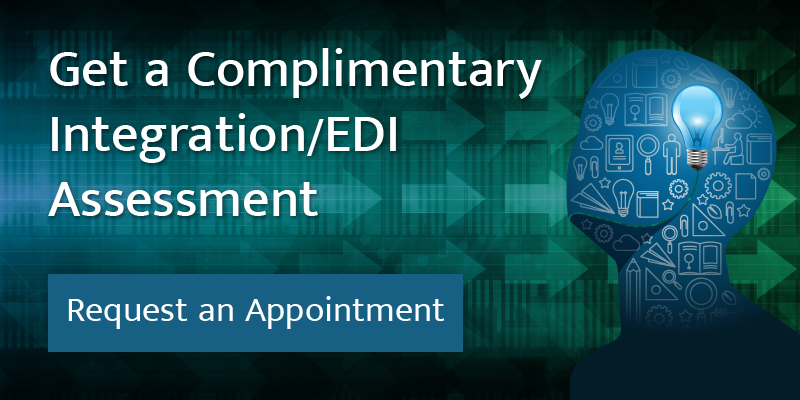In the last issue, we explored software currency policy and application rationalization. This month, we discuss the pros and cons of upgrading to comprehensive B2B integration suites. The most important advice for any decision maker considering an upgrade is to do your research. We include a checklist of points to consider before you spend a dime. For the technicians, we delve into the functionality of the suites and their role in a comprehensive integration strategy. Of course, upgrades and implementation require a thorough examination of your staffing capabilities. Are you ready to move forward, or do you need to reconfigure your staffing model first? Lastly, MFT functionality is a critical component of any integration suite.
For IT Decision Makers: Upfront Research Prevents Costly Upgrade And Compliance Nightmares
Any company considering a software upgrade must thoroughly research their options. Most importantly, care must be exercised when determining whether to upgrade, when to upgrade and how to upgrade. Upgrades may include service releases and simple bug fixes, or a complete version or system overhaul. The benefits range from simple technological advancements to enhanced partner management capabilities, improved financial compliance, increased security features and updated support. A simple checklist can prevent costly, ill-timed mistakes. Consider these questions before any money is ever spent.
- Does the upgrade offer measurable improvement? Will your infrastructure run more efficiently, productively and securely?
- Do you need to implement the upgrade immediately, or can you wait for the first service release to ensure some of the bugs can be worked out, eliminating downtime or additional maintenance?
- Is your staff equipped to handle the upgrade, or will you need to hire additional personnel or provide staff training to ease the transition?
- Will your existing infrastructure support new software, or will you need to consider new hardware as well?
- Will existing resources still be supported, or will the system upgrade result in compatibility issues?
As new B2B integration solutions hit the marketplace, now, more than ever, companies must be nimble with their IT resources. Remedi Electronic Commerce Group, a business and data integration software, consulting services and placement company, can help you with the best solutions and allocation of your company’s resources. For more information, please contact us.
For The Technician: Weighing The Value Of Comprehensive B2B Integration Suites
Upgrades and improved functionality in B2B software often move toward comprehensive B2B integration suites. Automating the end-to-end business process increases revenues, reduces error and improves compliance with a seamless and secure integration network. Consider how this functionality might serve your organization's comprehensive integration strategy.
Integration suites provide a single seamless network which eliminates the need to support multiple platforms, reduces processing delays and promotes greater business agility. Measurable benefits of a comprehensive integration solution include:
- Reduced training costs due to a single integration solution
- Increased employee productivity
- Reduced development time and support costs
- Enhanced process optimization
- Faster response to new business requests
- Improved business and information technology collaboration
- Real-time visibility
In addition to partnering with software companies to resell their comprehensive integration solutions, we employ seasoned professionals who are experienced with installation, design, configuration, and implementation of these integration suites. We also provide tailored training for organizations looking to streamline knowledge and use of their comprehensive integration package.
IT Staffing Challenges: Does Your IT Staff Have The Necessary Skill Sets To Implement A Comprehensive Integration Solution?
As organizations choose and implement comprehensive B2B integration suites, the first challenge is to understand that these programs have powerful capabilities that may require staff training and additional skill development over what was required in legacy EDI point solutions. Skill and knowledge of things such as Java, BPML, HTML, XML, Xpath, application servers, web services and a host of MFT-based skills are often necessary to fully utilize the capabilities of integration suites. These skills exist, are acquired or are trained as part of the integration suite roll-out process. Another challenge is providing ongoing support of the legacy environment until the conversion/upgrade is complete.
Upgrades and conversions often lead to redundant systems until cut-over initiatives are complete. When clients upgrade systems, new integration development initiatives are usually first in line. They have the best intentions of converting processing from old legacy systems to the new systems as time and budgets permit. In more than a few instances, this conversion never takes place, which results in system redundancy and overlaps in functionality.
Remedi can help, not only with training your staff in an integration suite implementation, but with the installation/configuration of the tool and the conversion process, thereby providing the opportunity to decommission the legacy integration environment.



